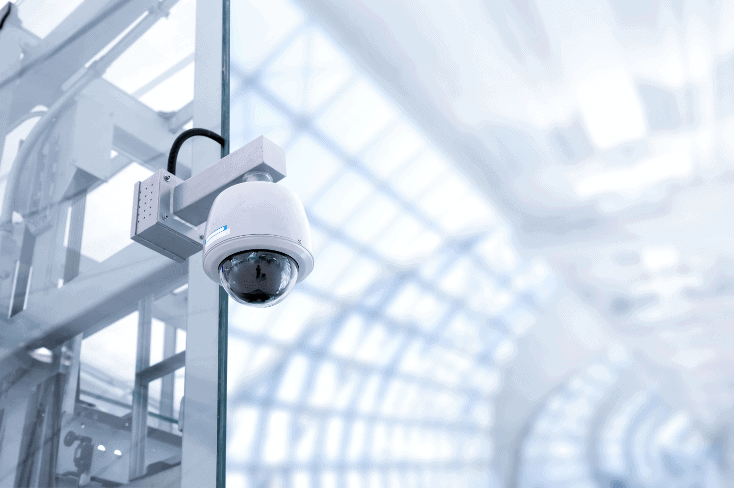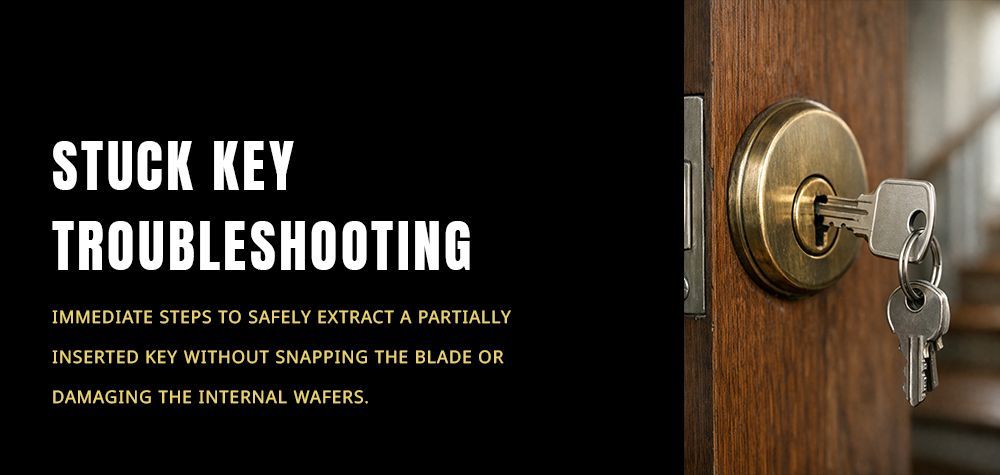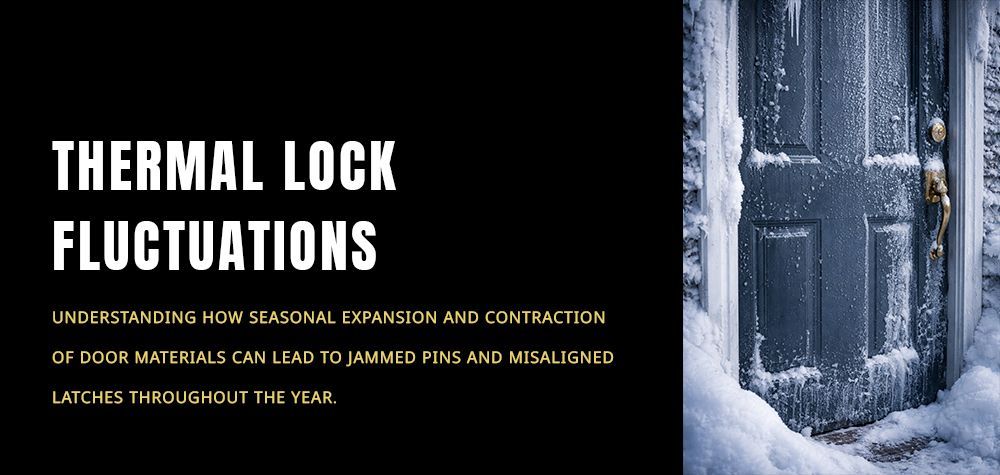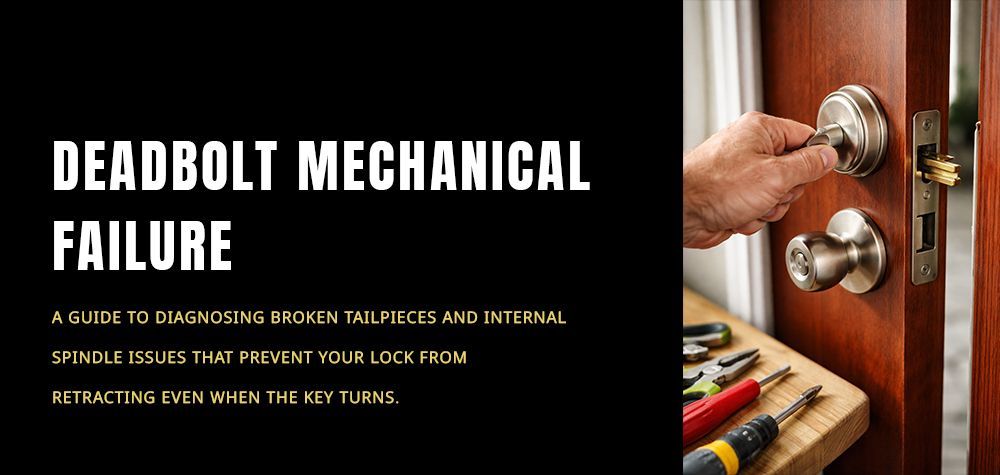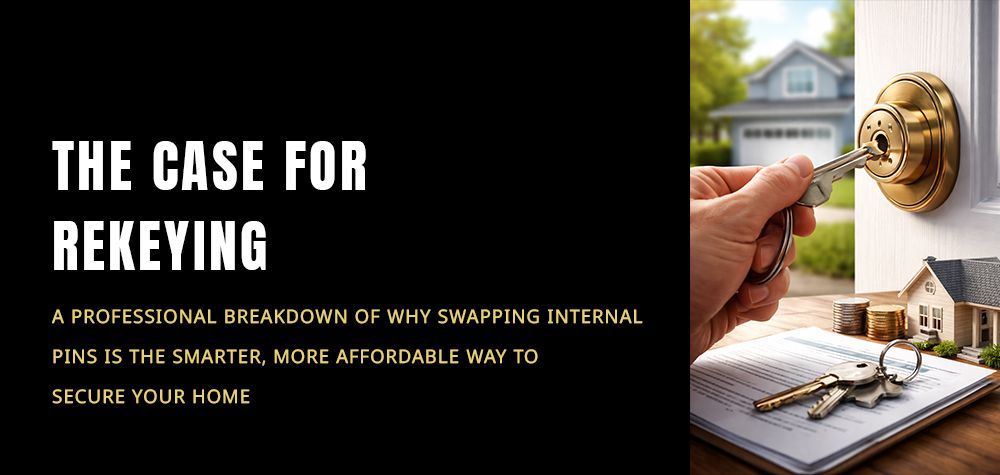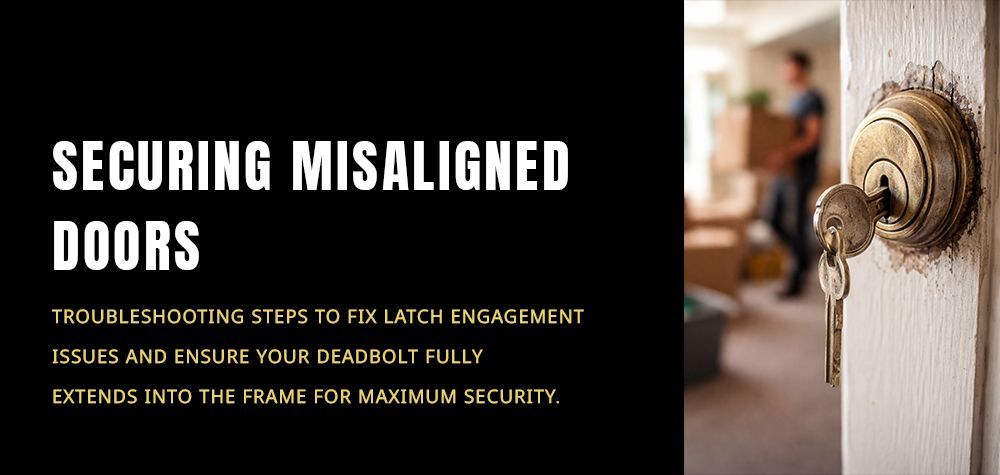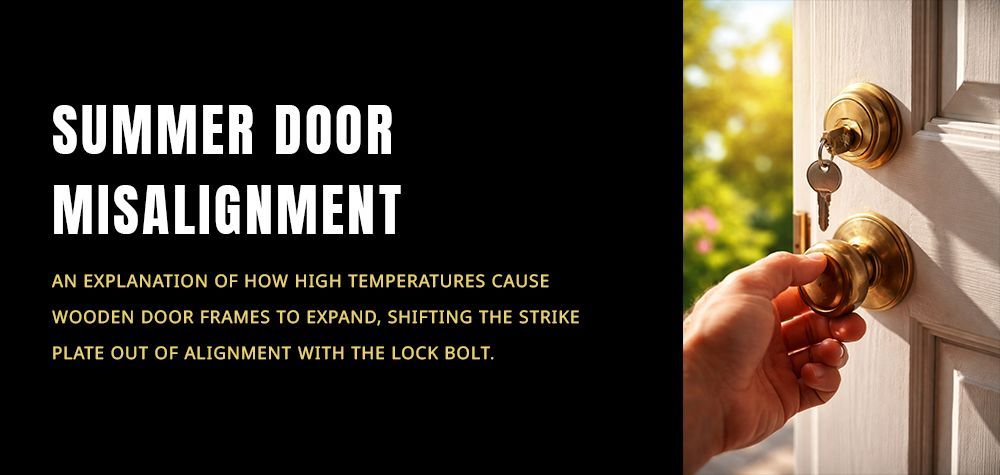To put it simply, a commercial security audit is a systematic evaluation of the security of a company’s property against a specific set of criteria. These audits cover a variety of factors that contribute to the property’s overall security, and allow for a professional to make recommendations to enhance your current system. Security audits are a great practice because they ensure small details do not get looked over, and these details can make a huge difference.
Although audits differ depending on the security company conducting them, a basic security audit will include the following elements.
- Mechanical Security
– Experts will check the functionality of your locks, along with the condition of doors and door frames. Other factors such as the property’s windows, effectiveness of types of keys used and methods used to access the property will also be evaluated.
- Security System in Place
– The security professional conducting the audit will also check to see if your property uses a security system such as Access Control. They will evaluate factors such as how the system is managed, who has access, and that access to sensitive areas is appropriate for employee status.
- Code Compliance
– Commercial Security Audits will also include checking your compliance with building codes. Safety is very important, and a professional should check compliance with ADA codes, Electrical codes, Fire codes, and other codes depending on your state.
- Security Measures Outside the Building
– A commercial audit will evaluate your outside security measures, showing the efficiency of cameras, gates, lighting near entrances, landscaping and other elements.
- Environment
– Another factor taken into account during security audits is the area where your business is located. Higher security will be needed in areas that have higher crime rates or gang activity.
It is important to note that audits may differ depending on the complexity of the business and company conducting the audit. A formal audit by a professional will likely include many other factors such as the building design, infectious disease control, monitoring requirements, etc. Work with a professional to determine your system design and the best security practices for your individual property.



